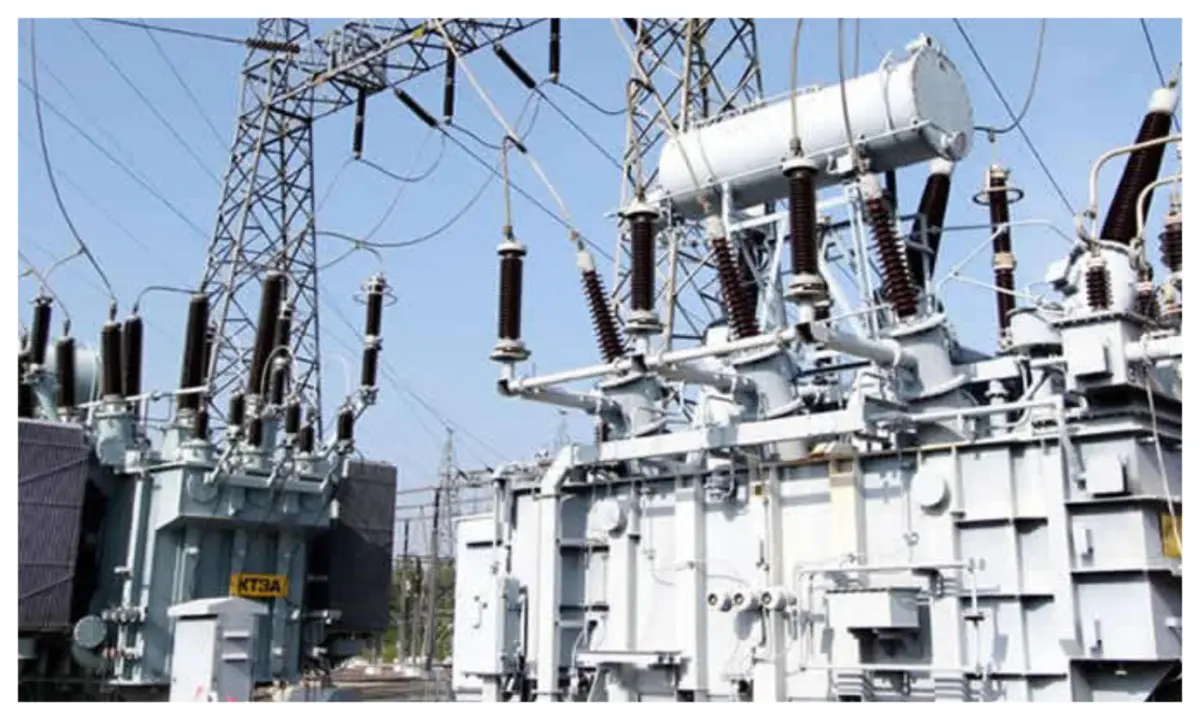The Nigerian presidency has reaffirmed its commitment to clear the country's N2 trillion legacy debt owed to electricity generation companies (GenCos) before the end of the third quarter of 2025.
This commitment was made on Monday by Eriye Onagoruwa, a representative of the Special Adviser to the President on Energy, during the second Nigerian Electricity Supply Industry Stakeholders Meeting of 2025, organized by the Nigerian Electricity Regulatory Commission.
Onagoruwa emphasized that the presidency recognizes the urgency of addressing the debt overhang, which has severely strained the operations of generation companies and impeded electricity supply across the nation. The situation has become so critical that it threatens a potential shutdown of the country's power sector.
"We are empathetic to what GenCos are facing," Onagoruwa stated. "We are exploring alternative debt instruments, and I can confirm that both the Coordinating Minister of the Economy and the Debt Management Office are aligned with this effort. Internal approvals are currently underway."
She explained that President Bola Ahmed Tinubu's administration is looking at alternative debt instruments due to current fiscal constraints facing the government.
Mounting Pressure from Power Sector
The N4 trillion gas debt has become a lingering challenge in Nigeria's power sector despite repeated promises of resolution. In April, GenCos threatened to shut down Nigeria's power sector over the unpaid N4 trillion debt owed to market operators.
Earlier, the Minister of Power, Adebayo Adelabu, had also stated a commitment to clear 50 percent of the N4 trillion debt before the end of the year.
Power sector stakeholders have warned that the federal government must translate these commitments into action to avert the imminent collapse of the country's power sector.
Despite the privatization of the Nigerian power sector over a decade ago, it continues to be plagued by numerous challenges including epileptic power supply, vandalism, poor infrastructure, lack of investment, electricity access gaps, grid collapses, and other operational issues.
The government's renewed commitment comes at a critical time when the power sector's stability hangs in the balance, with potential far-reaching implications for Nigeria's economy and industrial development if the debt crisis remains unresolved.













